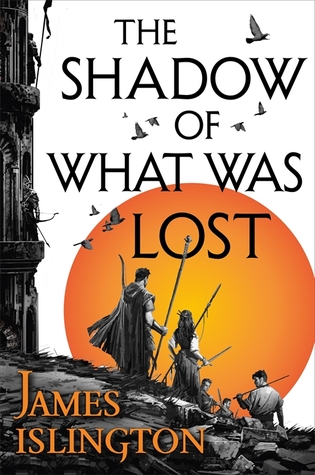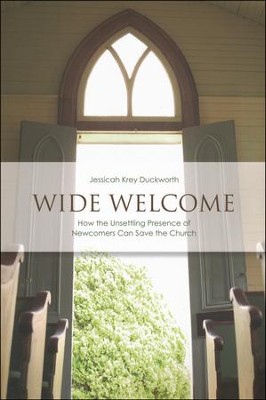 Persepolis Rising
Persepolis Rising by
James S.A. Corey
My rating:
5 of 5 stars
Extra time for reading in these days of pandemic lockdown has found me galloping through
The Expanse, the excellent sci-fi series from James S.A. Corey. If you haven't read the series but you think it sounds familiar, you may be thinking of the also-excellent television series based on the novels, originally aired by SyFy but picked up by Amazon a few years ago. This is one of those few instances where the book and the movie/show are both excellent and worthy of all the time you can invest in either or (preferably) both.
Persepolis Rising moves the story considerably into the future of the
Expanse universe. The crew of the
Rocinante are dealing with aging bodies and a desire for changed lives, but as is often the case in this series, circumstances disrupt these plans and the final act of the larger narrative begins in earnest. To say anything more detailed would involve all kinds of spoilers, so I'll just leave the synopsis there and advise you to start all the way back at
Leviathan's Wake so you can truly appreciate the story when you get to
Persepolis Rising.
What I genuinely appreciate about
The Expanse as a whole is the way its authors (James S.A. Corey is the nom de plume for Ty Franck and Daniel Abraham) are determined to build a world in which the science isn't actually fictional. There are no wings on the
Rocinante- it flies with a theoretically possible fusion drive and maneuvering thrusters. In space, no one can walk on the floor of a ship without thrust or spin gravity. Speed is governed by how many G forces the human body can endure, not by hyperdrives or warp speeds. I love Star Trek, Star Wars, and all kinds of other space operas, but
The Expanse universe is filled with plausible science AND compelling narrative AND deeply developed characters you come to love and despise and pity and cherish. There's so much here that even on this third time reading this novel, I'm discovering new plot points and being delighted by stuff I've forgotten is in there.
The plan is for this series to end after 9 books, and I'm somewhat dreading that final page turn, because I haven't enjoyed a series this much in years - it might rank right up there with
The Lord of the Rings in terms of holding the excellence all the way to the end (looking at you,
Wheel of Time &
A Song of Ice and Fire). Embarking on this series is a big undertaking, but trust me - the journey will be worth it in the end.
View all my reviews
 My rating: 5 of 5 stars
My rating: 5 of 5 stars









